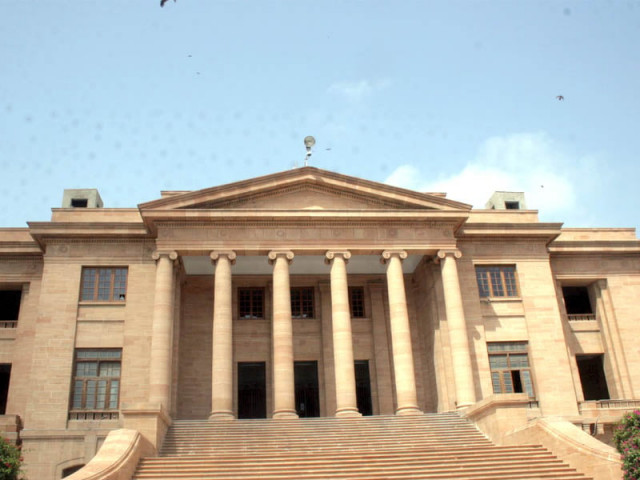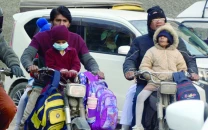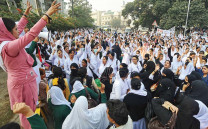‘Unlawful transfer’: Devolution of JPMC, National Museum declared illegal
SHC rules to transfer three federal hospitals, museum back to federal govt

As far as National Museum is concerned, the bench said that too was always in exclusive federal domain and ruled the transfer of all four institutes as ‘unconstitutional, without lawful authority and of no legal effect’. PHOTO: EXPRESS
The ruling came in a judgment that was reserved on March 21 by a full bench of the high court on a petition filed by JPMC directors in 2011.
In the 33-page judgment, the devolution of National Museum to the province was also declared unconstitutional. Subsequently, the court declared that all acts done or orders, directions, notifications or directives issued since the devolution are illegal.
In the judgment, the bench ordered that, “within 90 days of the judgment, the federal and provincial governments and all concerned and related authorities, entities, bodies, departments, establishments and officers shall complete all matters relating to the return of JPMC, NICVD, NICH and National Museum from the province to the federation such that the position of these institutes is restored to the maximum extent possible, to the status quo ante, being in relation to the JPMC, NICVD and NICH the position as on June 29, 2011, and in relation to the National Museum the position as on April 5, 2011.”
The judgment also states that the restoration shall include “the actual resumption by the federation of all financial obligations in relation to the institutions and all serving or retired officials.”
The bench ordered that if this exercise is not completed within 90 days, the federal and provincial government may apply for extensions, which will in aggregate not exceed a total of 90 days. Once the exercise is completed, the federal and provincial governments shall file an appropriate joint statement.
“The province shall be entitled to a suitable reimbursement/adjustment from/with the federation of all disbursements and financial outlays made and expenditures incurred from the date of the transfer/devolution of the institutions to the province till the date of the return and restoration to the federation and/or the actual resumption of financial obligations,” the order stated. The judges said in case the province and federation are unable to resolve any matter within the stipulated time, it shall be deemed to be a dispute between them and the aggrieved party shall be entitled to its remedies in accordance with the law.
The court also suspended the NICVD (Sindh Administration) Act, 2014, “but this suspension will be subject to other sub-paras of the judgment, which shall apply in all respects to NICVD and nothing in the provincial law nor in the suspension thereof shall in any manner hinder, restrict, impede or otherwise affect the return and restoration of the NICVD to the federation.”
The judges observed that, “Devolution, in the sense presently applicable, did not at all apply to any of the institutions [JPMC, NICVD, NICH]. Therefore, the purported transfer of institutions was unlawful.”
They noted that in any case, JPMC and NICVD were federal institutes and additionally, NICVD was regulated by the NICVD Ordinance, a federal law, and that is an independent reason why its transfer was unlawful.
As far as National Museum is concerned, the bench said that too was always in exclusive federal domain and ruled the transfer of all four institutes as ‘unconstitutional, without lawful authority and of no legal effect’.
Published in The Express Tribune, July 5th, 2016.


















COMMENTS
Comments are moderated and generally will be posted if they are on-topic and not abusive.
For more information, please see our Comments FAQ